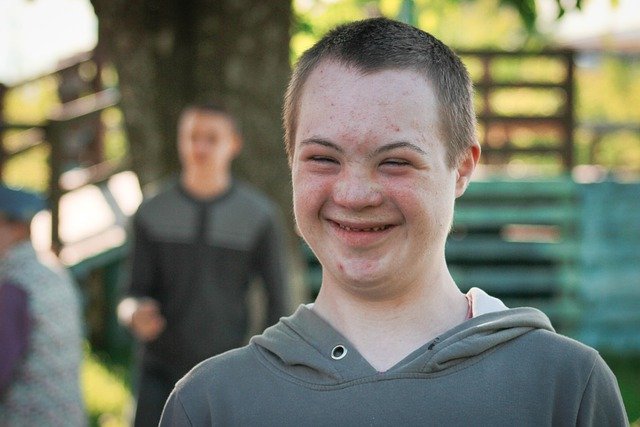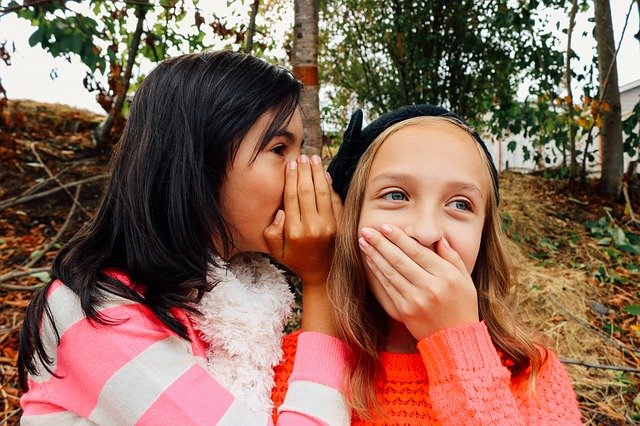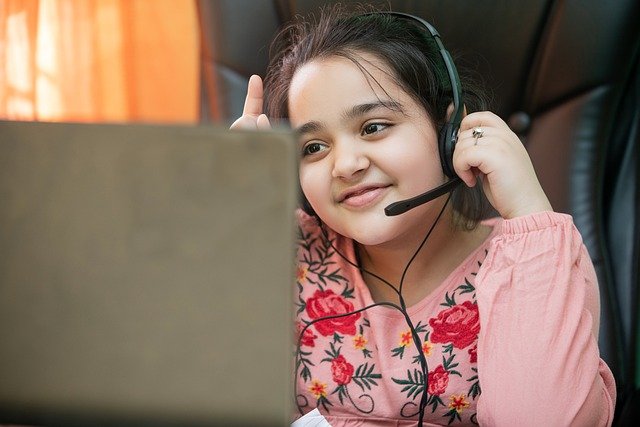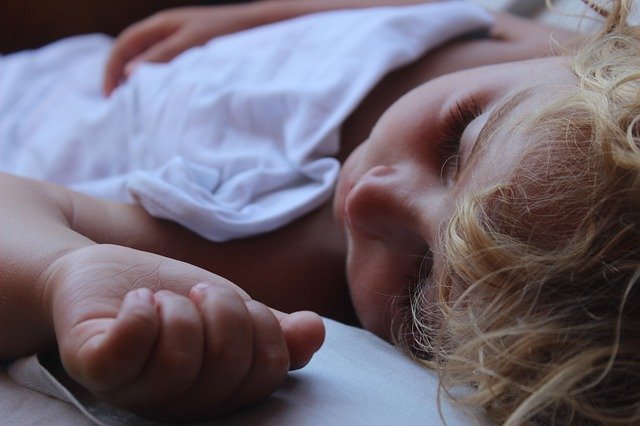
Adolescence can be tough enough to get through without questions of sex, sexuality, and sexual identity, however teens are humans, too, no matter how much they may perplex their parents as to why they are the way they are sometimes.
At some point in every parent’s life, you will need to talk with your teen about sexual development, sexual desire, and the nature of developing sexual identity. Many parents may be shy about talking to their kids about these things, but talking about them can help keep your teen safe and well informed, and foster a sense of trust—if done the right way and in a way that is respectful, open and honest.

Developmental disabilities are more common than you may think. It is estimated that one in every ten families are affected by a child with an intellectual or developmental disability. In recent years, a lot more information has come to light about how best to help individuals and their families who have a diagnosed disability.

We all know that friendship and socialization is important. Humans are social creatures, and much of how we interact with and perceive the world is based on the people we choose to have around us. The same goes for our children.
As children get a little older and start branching out socially, it’s a good idea for parents to get to know their child’s friends. Not only can you learn a lot about your child by who they choose to hang out with, but friendships offer the unique ability for a child to learn about who they can trust and builds up their social confidence, both of which are crucial to healthy future friendships and social connections.
Below are some tips about how you can begin to get to know your child’s friends!

The pandemic has certainly increased the amount of time that people are sitting in front of screens each day, and kids are no exception.
With the rise of remote and online learning, children are exposed to screens more often than they used to be. Pair that with the amount of time spent watching TV, playing with their cellphones, or playing video games, and screen time is at an all-time high.
It’s important to explain to your children how screen time can affect their eyes, and coming up with a family media plan may be helpful to prevent eye strain, obesity, sleep disturbances and more for not only your children, but you as well.
Below are some tips on how to create a media use plan for your family, as well as how screen time can affect your children’s eyes.

Getting a toddler to sleep through the night can be a struggle. Although there are things you as a parent can do to keep their routines as consistent as possible, ensure they’re comfortable and more, sometimes things happen that can affect their sleep. One of those things is nightmares and night terrors.
Nightmares and night terrors are more common than you may think, but they can be scary to witness.
Keep reading below about how to identify nightmares and night terrors, as well as strategies for helping your child overcome them.


